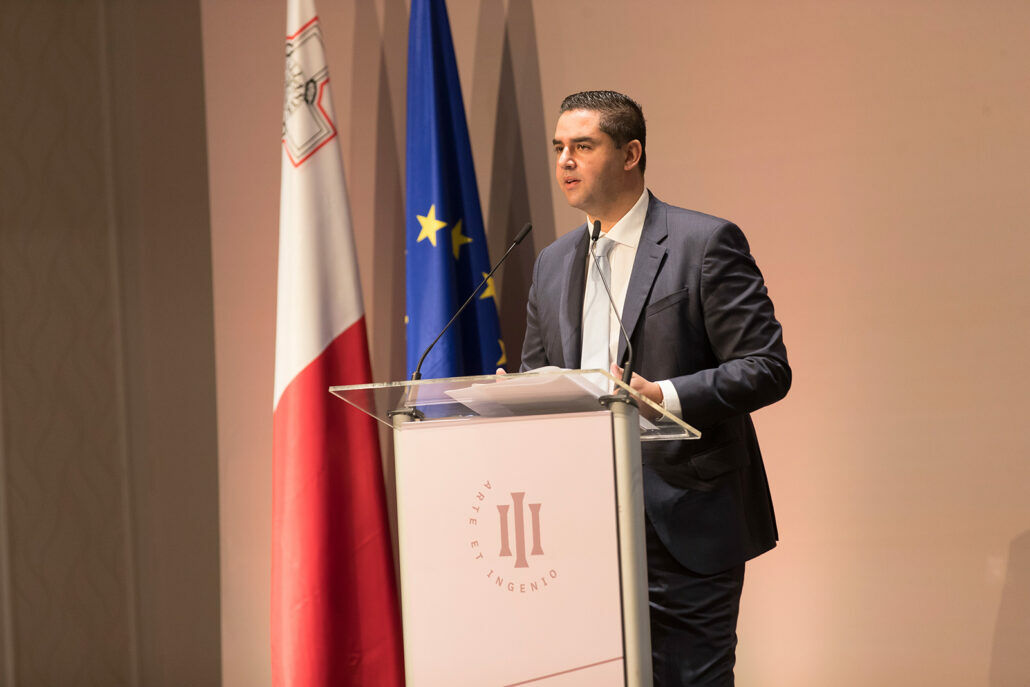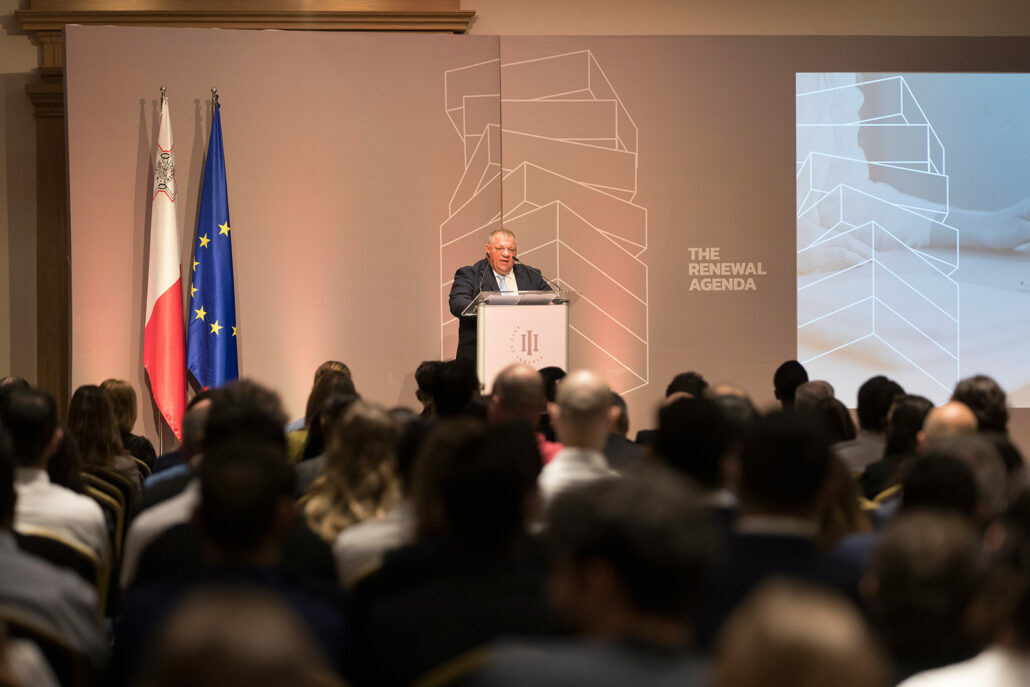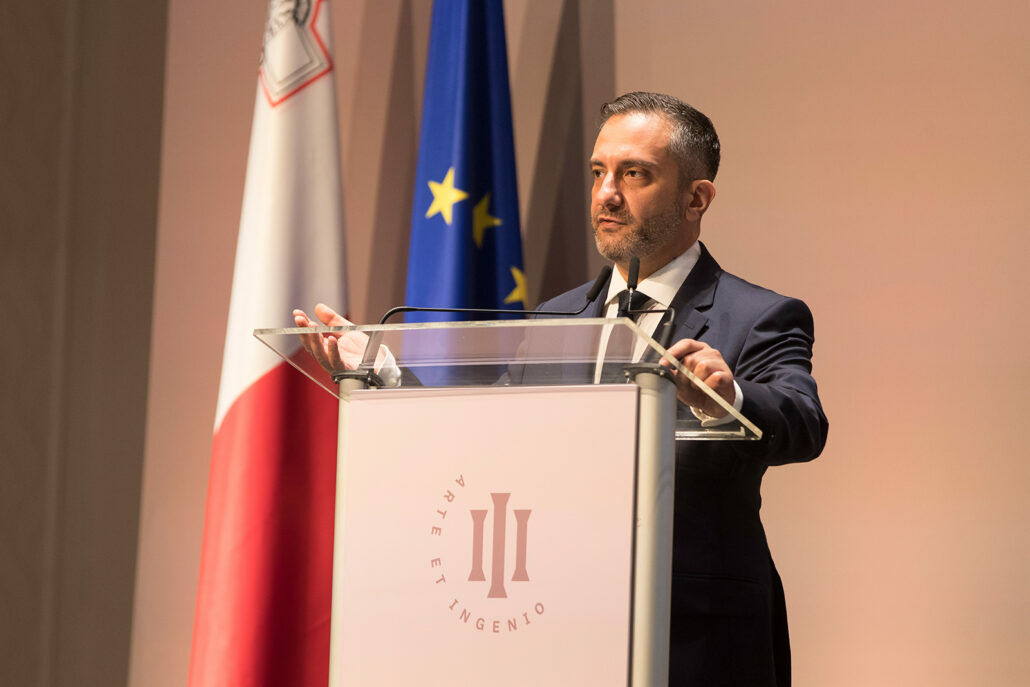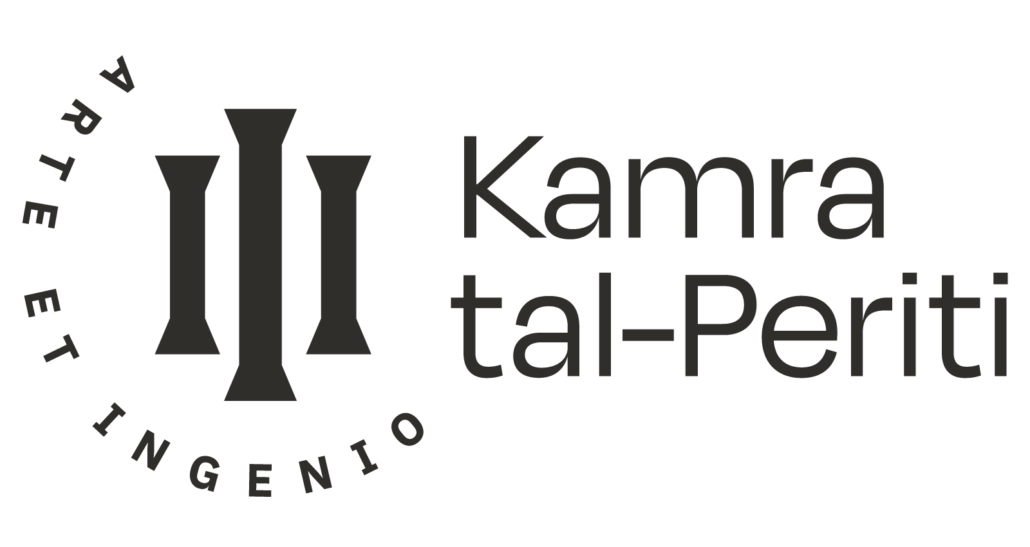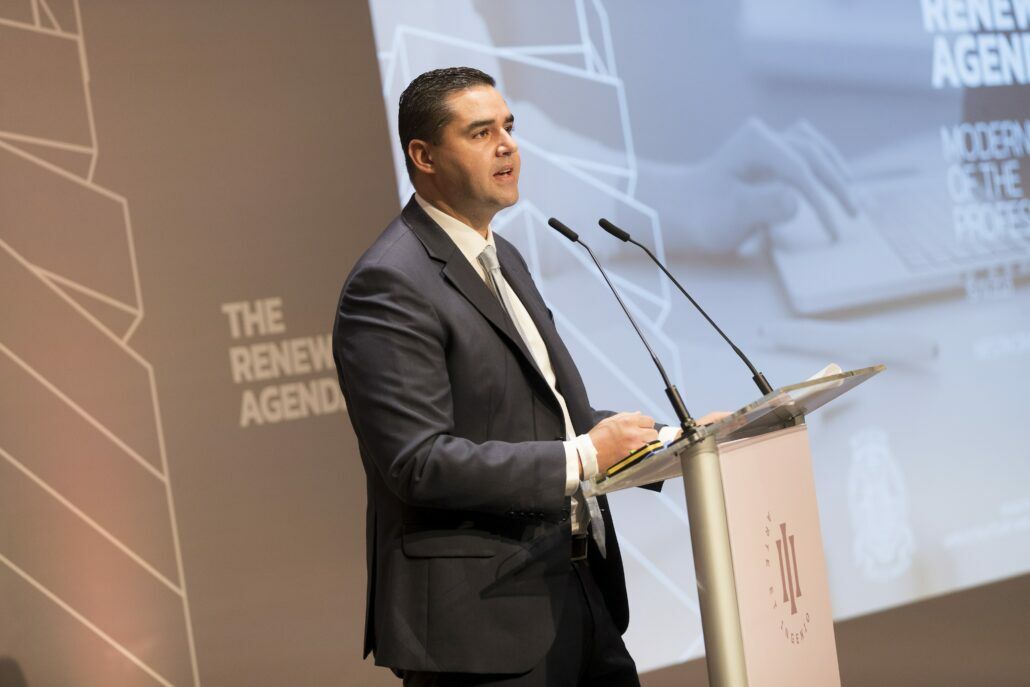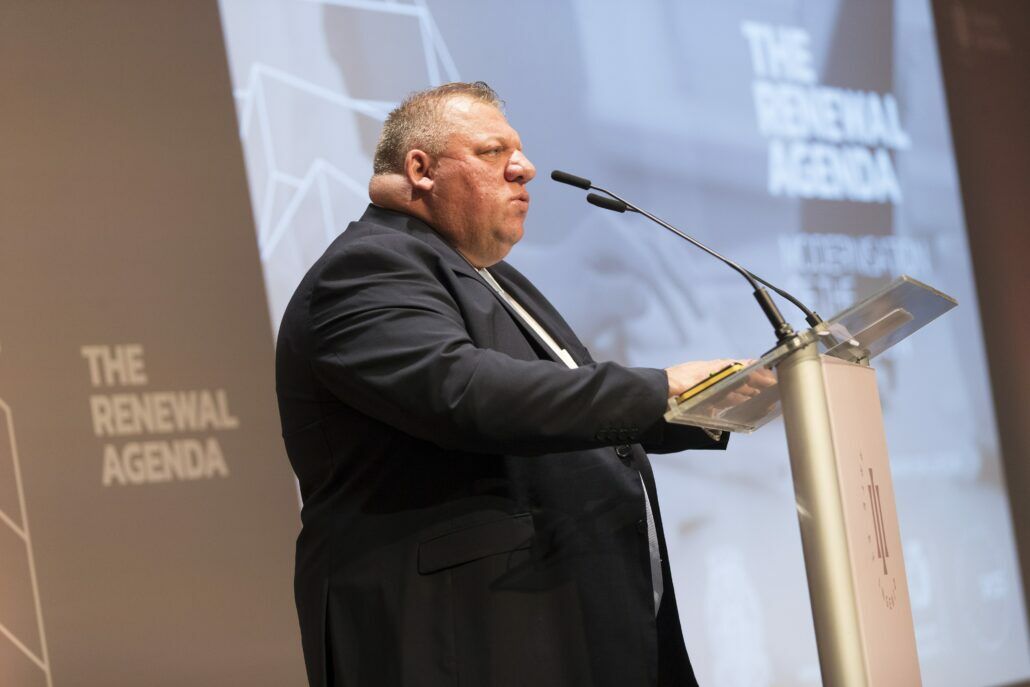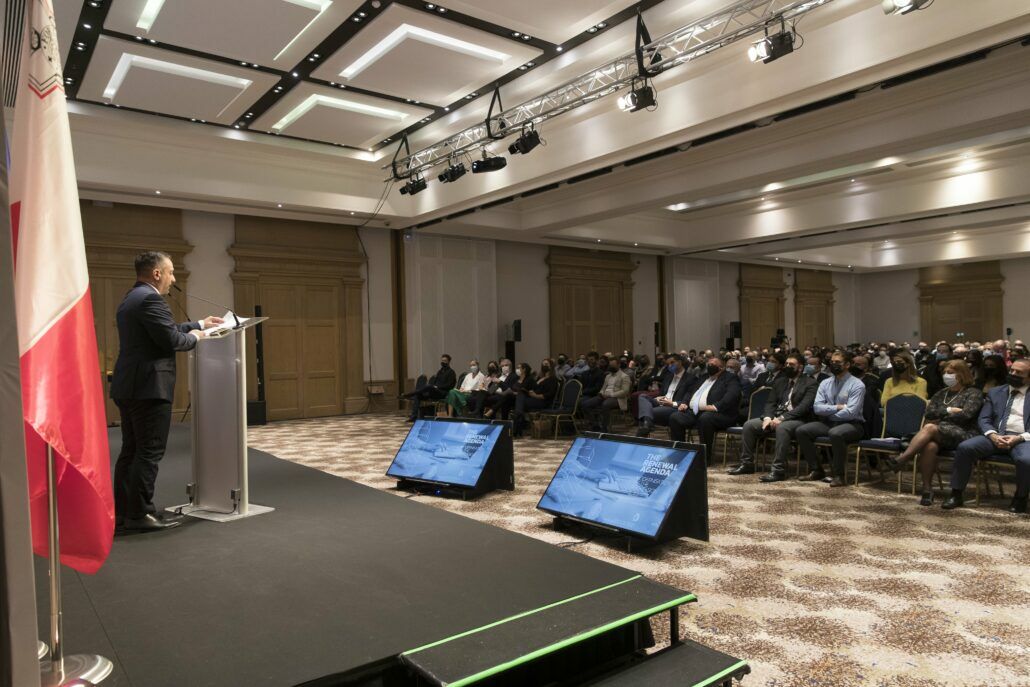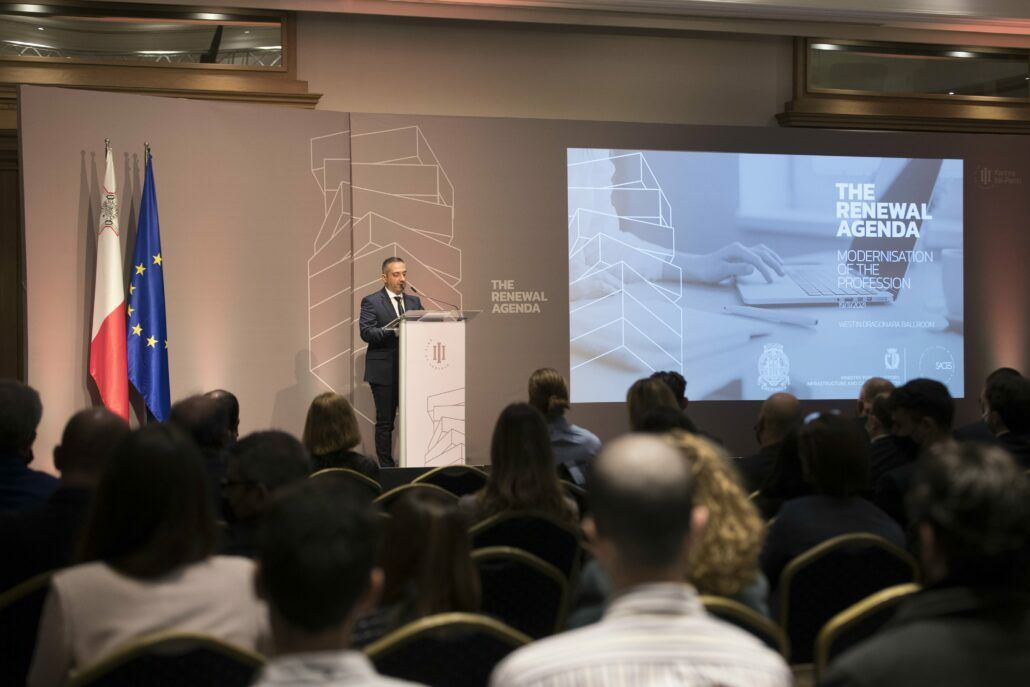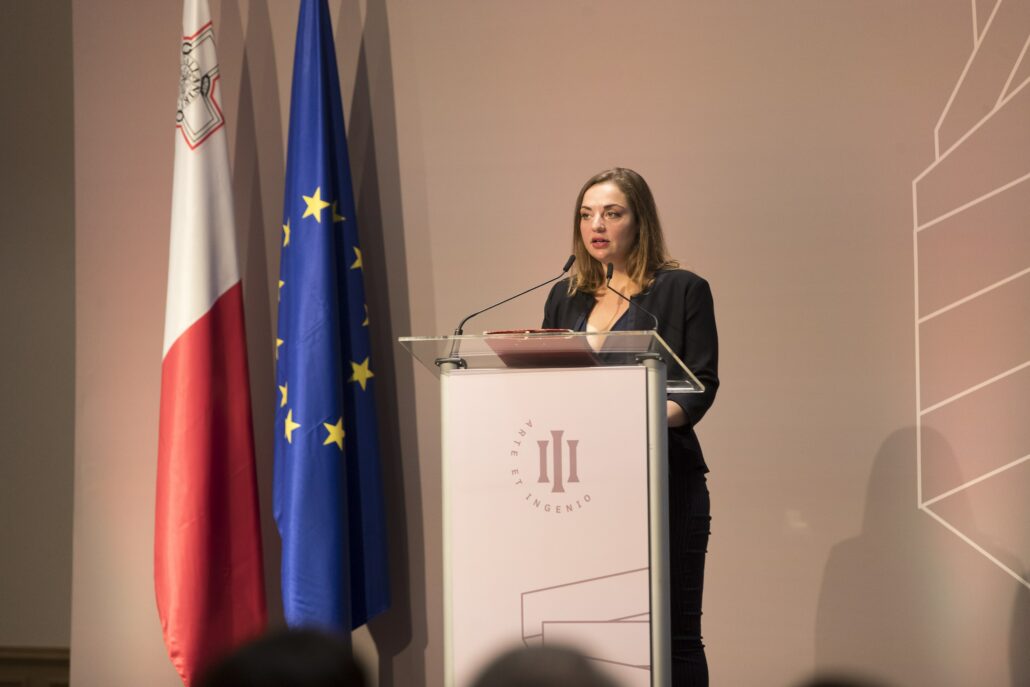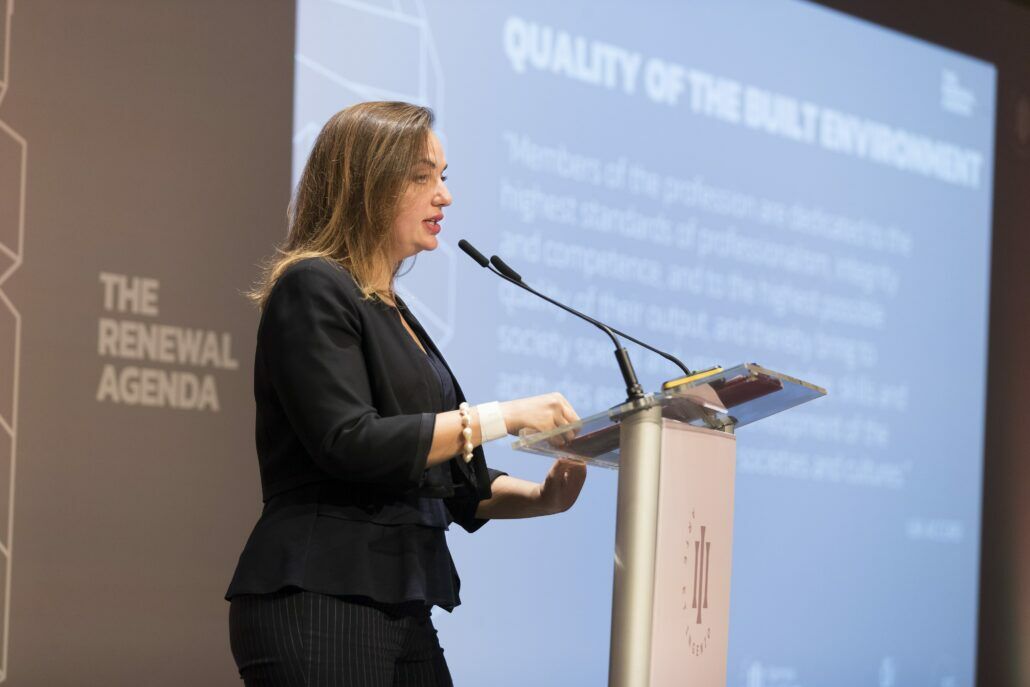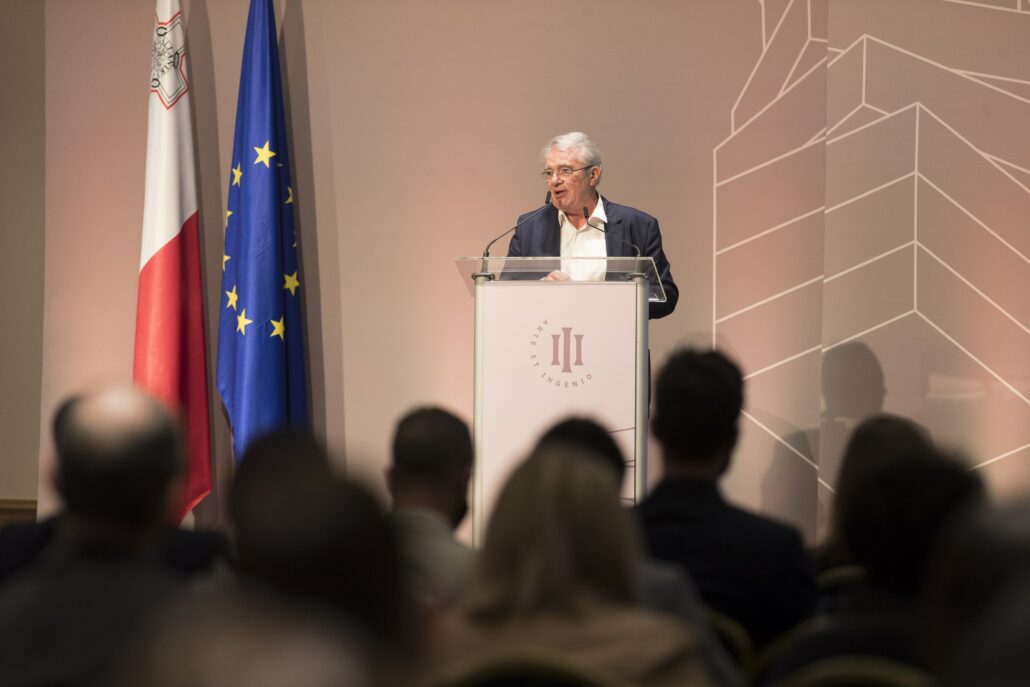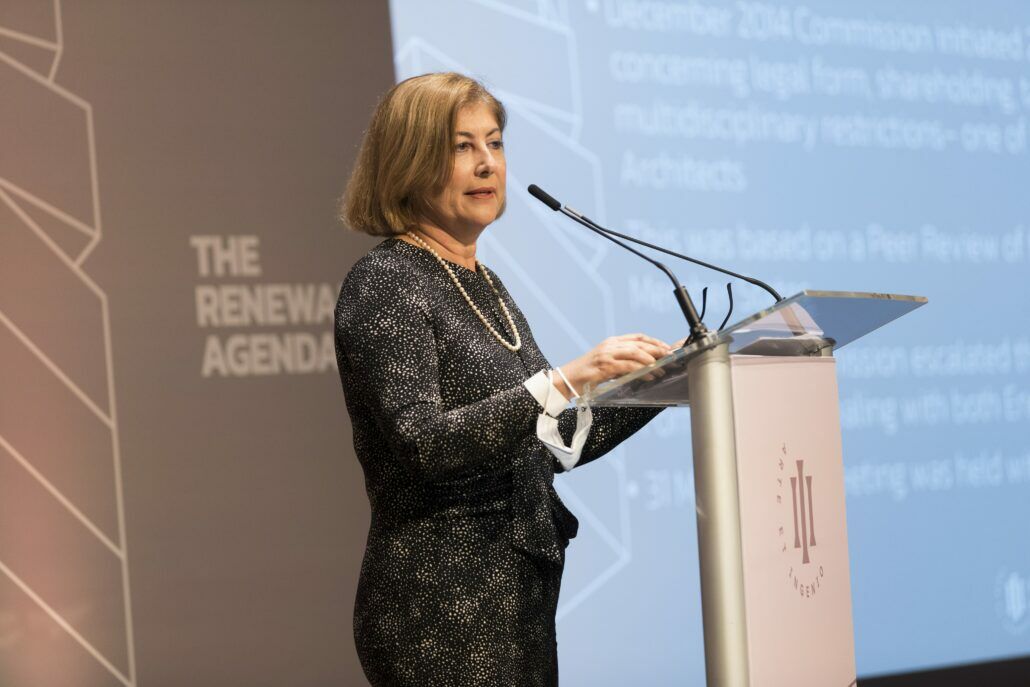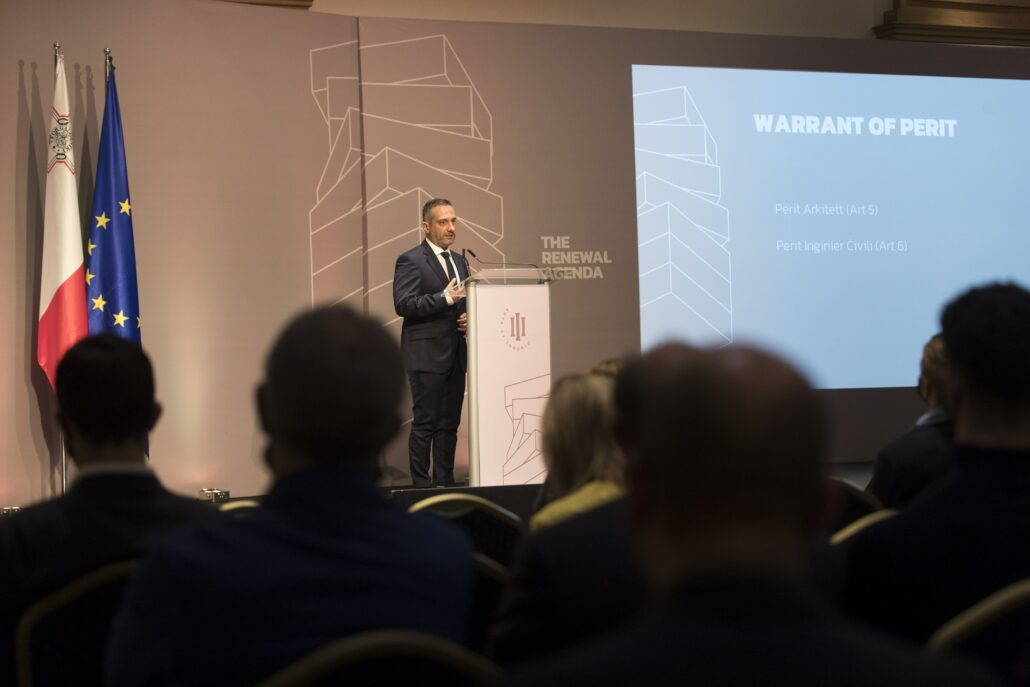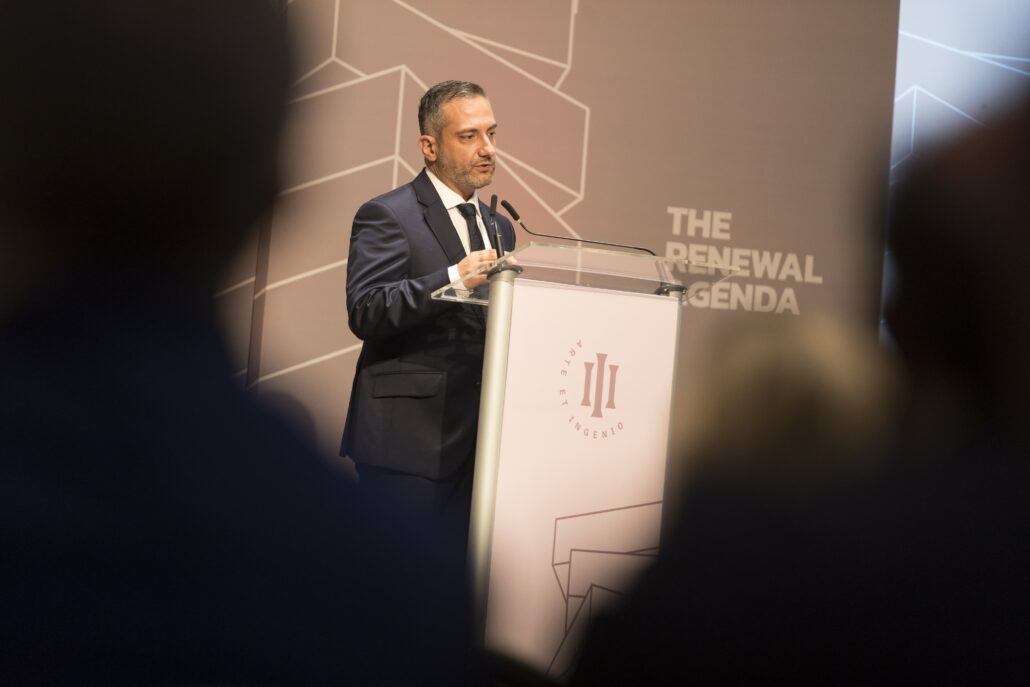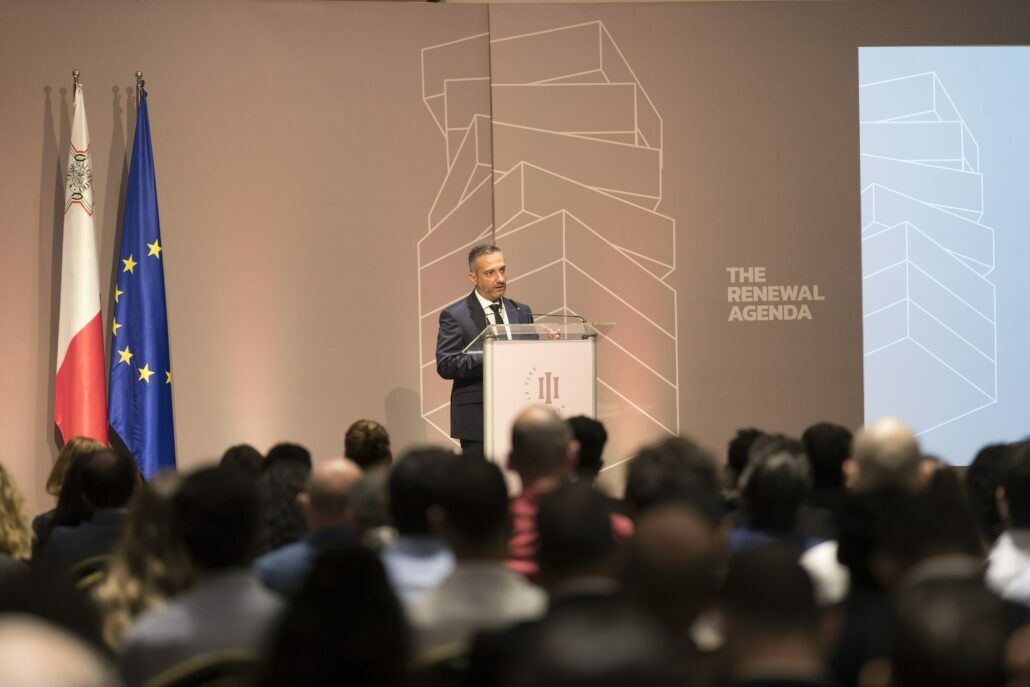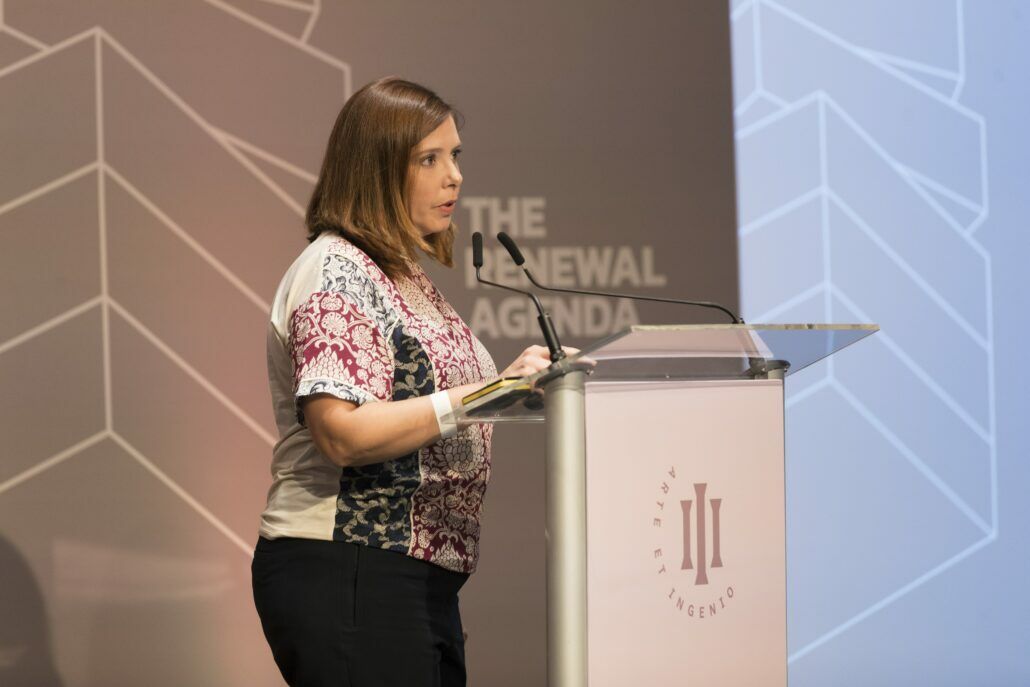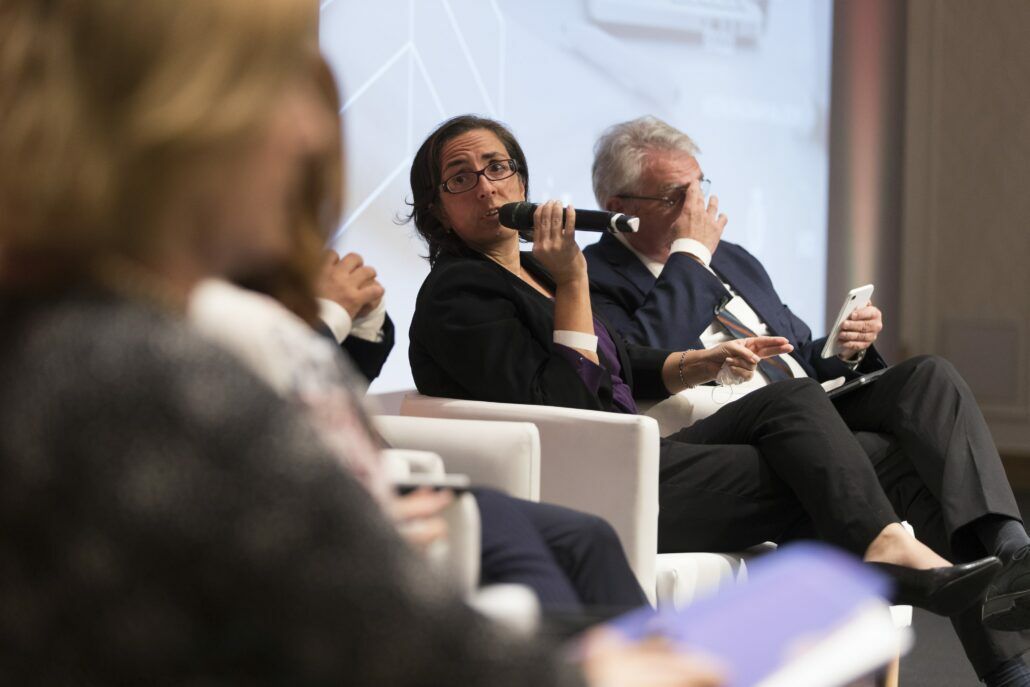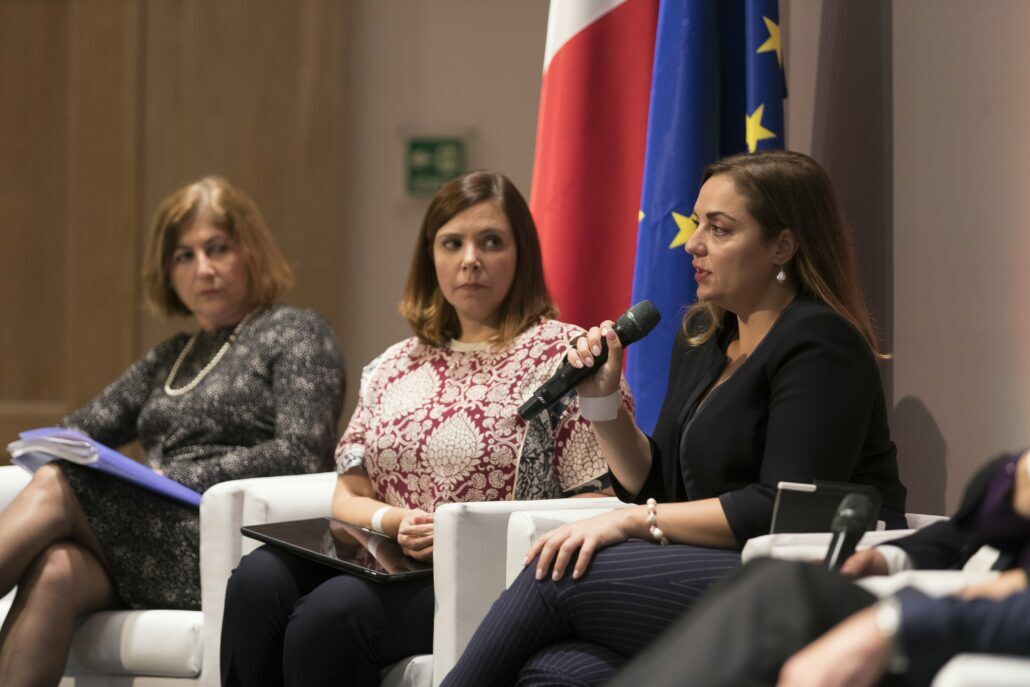PR 13/24 | KTP welcomes increased investment in construction sector to raise quality
The Kamra tal-Periti notes with pleasure the increased budget allocation to the Building and Construction Authority and the Occupational Health and Safety Authority from €6.3 million to €7.5 million and €2 million to €2.7 million, respectively. This augurs well particularly as the rate of reform in these regulators continues to gather pace, and as the various recommendations in the Sofia public inquiry report are gradually implemented.
The Kamra tal-Periti is, however, particularly thrilled that its request for a budget allocation to fulfil its statutory functions as outlined in the Periti Act has finally been accepted. These statutory functions include:
- Conducting inquiries into any charge of professional misconduct or malpractice or abuse or failures made by or against any warrant holder in connection with the exercise of his profession or in connection with professional matters;
- Issuing Certificates to Practise to warrant holders who meet the minimum obligatory CPD requirements and mandatory professional indemnity insurance requirements;
- Issuing an official professional stamp and digital stamp to warrant holders;
- Organise the elections of the Periti Warranting Board;
- Regulate the profession by setting standards and codes of practice;
- Acting as an official consultant to the State on the formulation of public policy related to the built environment;
- Ensuring that all members of the profession act responsibly and ethically, having due regard for sustainable development practices, the protection of the national, cultural, social and environmental heritage, the upholding of public health and safety and structural integrity before, during and after construction processes, and the adherence to the Code of Professional Conduct, as may be prescribed by regulation.
The Kamra, which was set up in 1920, had been advocating for the allocation of a budget to fulfil its functions for decades. This is the first time that it shall receive a budget allocation amounting to €150,000 which it will dedicate to raising the quality of the services KTP and the profession provides to the public.
The Kamra tal-Periti vouches to make the best use of these public funds to uphold standards and the public good, and to ensure that we do indeed live in a country where high quality prevails.

